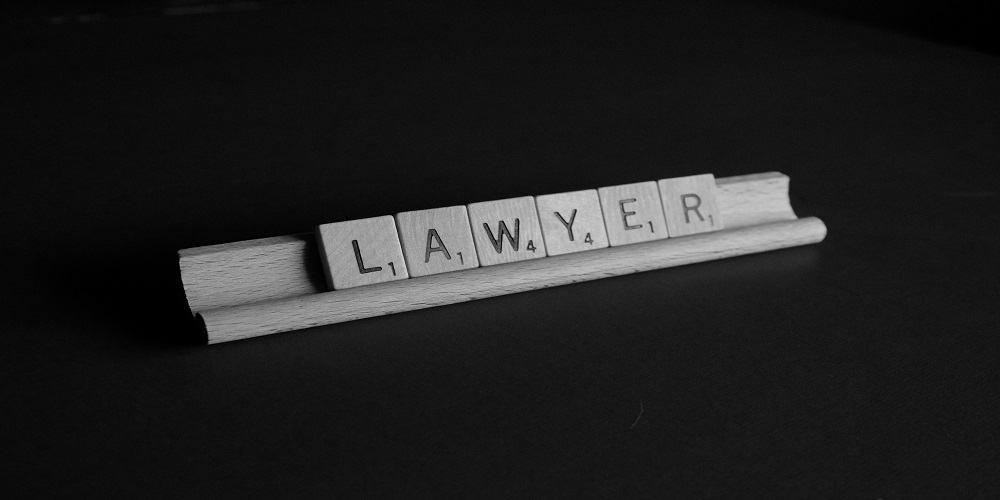The term “hearsay” often emerges in legal contexts, and while many believe they grasp its essence, the reality is more intricate. Many assumptions surround it, some accurate, others not so much. This article will delve into these misconceptions about hearsay in criminal cases. And for those seeking more detailed insights, remember, the expertise of the legal specialists in Brampton is just a click away.

- Hearsay can never be viable in court
Many folks assume that hearsay won’t hold water in court. However, that’s only part of the meaning of this term and how it gets used. While gossip can be a bit iffy on the reliability front, there are moments when it’s taken seriously in the courtroom.”
- Hearsay is just when someone says something out loud
While much hearsay might be things people have said, it can also be stuff that’s written down or even actions people do that mean to say something without words. So, if someone’s nod or a note they passed in class to send a message, that can be hearsay too!
- Hearsay doesn’t get a look in with immigration matters
The Immigration and Refugee Board (IRB) doesn’t follow the same rulebook as a regular court. But guess what? They sometimes peek into those rules when trying to decide how much weight to give certain evidence. That means hearsay can get a foot in the door when needed and seems solid enough.
- Hearsay is just not reliable
While it’s common to see hearsay as a second-hand account and maybe not as rock-solid as someone telling their own experience, sometimes it gets taken seriously. For example, if someone yells something out right when an event happens or states under oath, that hearsay might be considered reliable enough for the courtroom.
- Hearsay can be used if the person who said it isn’t around to testify
Often, hearsay can get considered if the original or “declarant” can’t speak for themselves. But that’s just one of the many exceptions to the rule. There are other instances, like if the statement was against the person’s interests or was part of a regular business record, where hearsay can come into play.
- Hearsay isn’t allowed in sexual assault trials
Hearsay in sexual assault trials can be a touchy subject, and many people have concerns about it. But it’s not an outright no-no. Whether hearsay gets the nod in these trials depends on the case’s details. So, there’s no one-size-fits-all answer here.
- Criminal trials don’t use hearsay
While hearsay often gets the side-eye for not being as trustworthy as someone speaking about what they saw with their own eyes, it can sometimes make its way into criminal trials. Like before, certain exceptions to the hearsay rule can allow it to enter the courtroom spotlight.
Conclusion
Understanding the intricacies of hearsay is key. So the next time someone drops a “truth bomb” about it, perhaps approach it skeptically and look further. Or better yet, consult the experts. Stay tuned as we bust more myths about hearsay in our next segment.